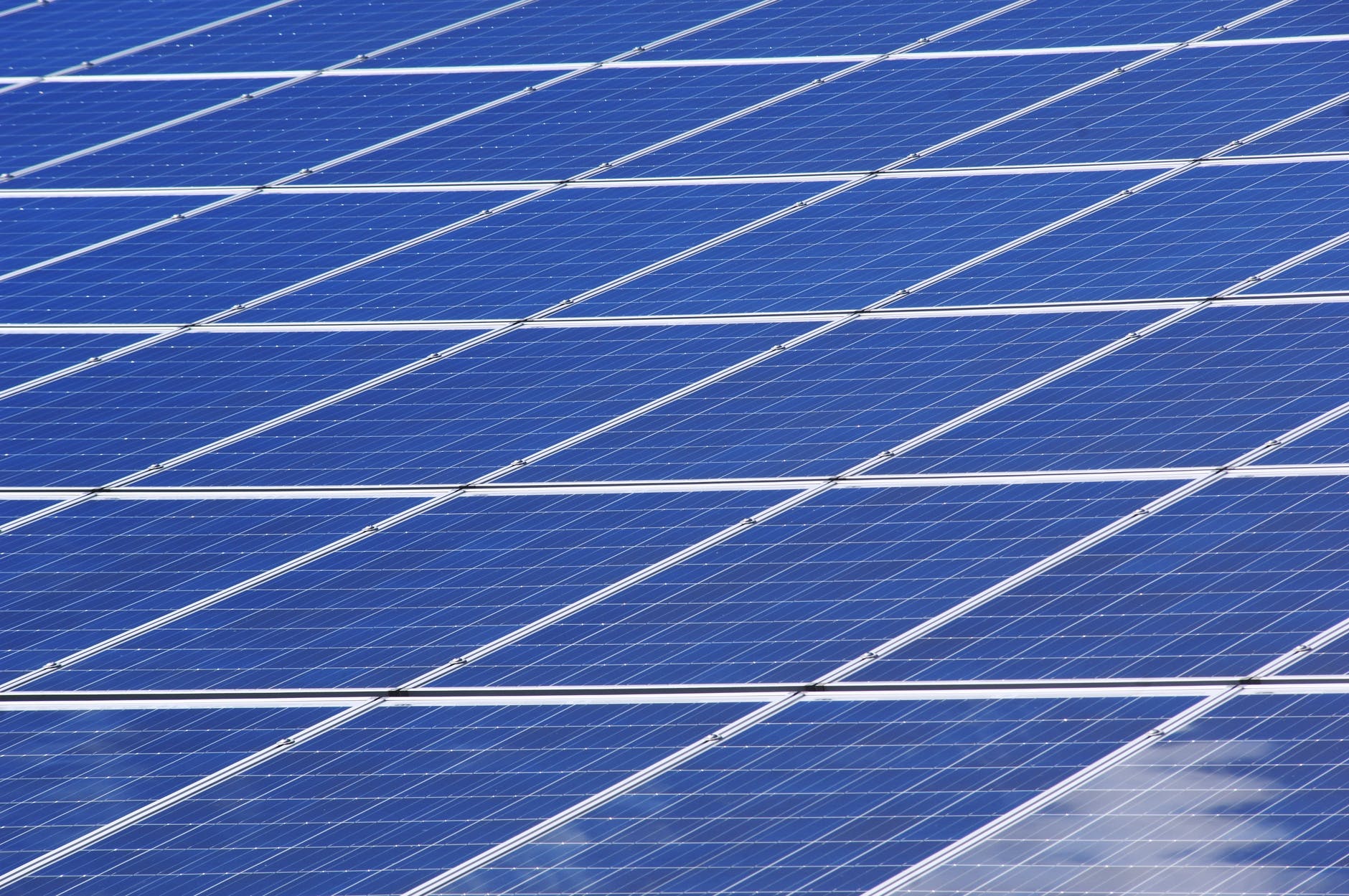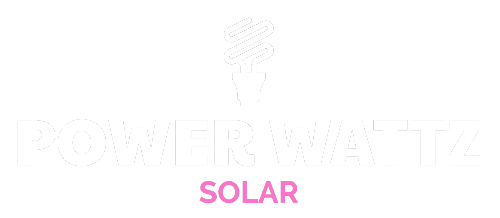
The United States International Trade Commission (USITC) has announced that crystalline silicon photovoltaic cells, whether or not assembled into modules, imported from Cambodia, Malaysia, Thailand, and Vietnam are either harming or threatening to harm the U.S. solar manufacturing industry. This decision comes after the U.S. Department of Commerce found that these solar products are being sold in the United States at unfairly low prices and are receiving financial support from their respective governments.
Specifically, the USITC found that the U.S. solar industry is already suffering material injury because of imports from Malaysia and Vietnam. These imports were found to be dumped—sold at less than fair value—and subsidized, giving them an unfair advantage over domestic products. In the case of imports from Cambodia and Thailand, the Commission determined that while they may not have caused immediate injury, they pose a real threat of future harm to U.S. manufacturers. These imports, too, were found to be dumped and subsidized.
As a result of this determination, the Department of Commerce will move forward to impose both antidumping and countervailing duties on imports of crystalline silicon photovoltaic cells and modules from all four countries—Cambodia, Malaysia, Thailand, and Vietnam. These trade duties are meant to level the playing field by offsetting the effects of unfair pricing and government subsidies.
Three commissioners—Chair Amy A. Karpel, and Commissioners David S. Johanson and Jason E. Kearns—voted in support of the decision. They agreed that the evidence showed either actual injury or the threat of injury to U.S. producers because of these imports.
Additionally, the USITC made a specific finding regarding the timing and impact of imports from Vietnam. It concluded that there were no “critical circumstances” around those imports, meaning there was not enough evidence to justify retroactive duties. Since the decision for Thailand was based on the threat of future harm and not current injury, the Commission did not evaluate critical circumstances for Thai imports.
The full public report, which will be released as USITC Publication 5631 in June 2025, will detail the Commission’s findings and the investigation process. This report will include the views of the commissioners and all supporting data.
This decision is seen as a major development for the U.S. solar industry, which has long raised concerns about the impact of low-cost imports on domestic manufacturing.
Related
Source link



